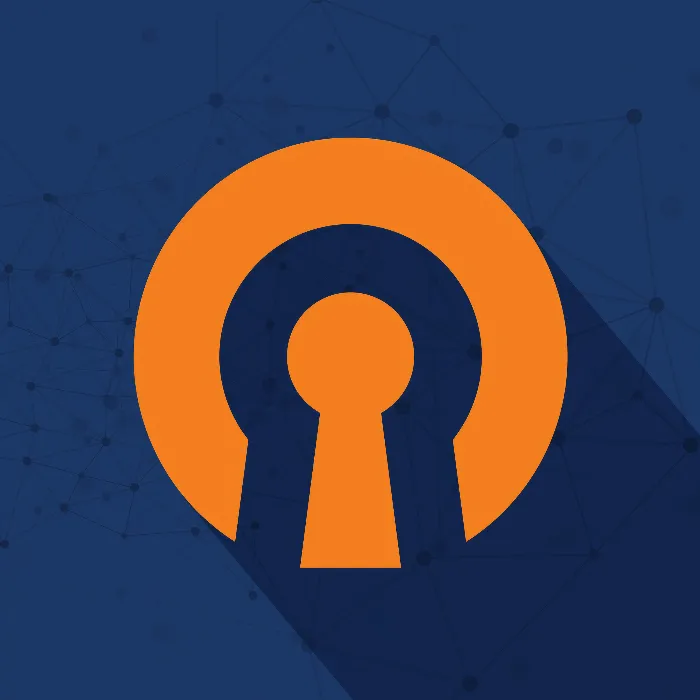VPNs, or Virtual Private Networks, offer numerous advantages for a variety of users. Are you considering whether you need a VPN service? This guide will look at different types of users and for whom a VPN is particularly useful. We will highlight the benefits and issues that may arise in connection with the use of a VPN.
Key Findings
- VPNs are useful for security-conscious users, field workers, students, journalists, and individuals in repressive governments.
- By using a VPN, you can effectively protect and anonymize your internet connection.
- VPNs offer higher speed and confidentiality compared to other anonymization services like Tor.
Step-by-Step Guide
1. Security-Conscious Users
Security-conscious users increasingly rely on VPNs to encrypt their network traffic. The goal is to protect private data and leave no traces on the internet. This is especially relevant given the increasing internet surveillance. Anyone who wants to ensure that their data is not intercepted by third parties should consider using a VPN.
VPN services generally provide more effective speed compared to anonymous services like Tor, which are complicated to handle in many ways. While Tor offers a certain degree of anonymity, users can secure their data encryption more comprehensively with a VPN and are less vulnerable to external attacks.
2. Field Workers and Students
For field workers and students who need to access their employer's or university's internal network while on the go, a VPN is essential. Accessing confidential data should always be done in an encrypted manner to ensure the security of this information.
Companies and educational institutions often work with sensitive data that must remain hidden from outsiders. Therefore, many organizations use VPNs to improve access to theoretically vulnerable data. This is particularly relevant for students accessing research data and other confidential information.
3. Data Transfer and Speed
VPNs are also suitable for transferring larger amounts of data over the corporate network or at universities. Compared to other encryption speeds, such as those encountered with Tor, VPNs are particularly advantageous as they do not cause significant speed losses. The efficiency of a VPN makes data transfer not only secure but also practical.
4. Journalists and Authors
For journalists and authors, the confidentiality of their data is particularly important. A VPN allows for the encryption of traffic and secure transmission of information. Additionally, journalists can access content that may be blocked in their country through the VPN. This is especially significant in countries like China, where access to certain platforms is restricted.
A VPN also enables journalists to access media coverage from other countries without the risk of being monitored by the local government. With a VPN, they can flexibly choose the countries from which they wish to connect, thus maintaining their anonymity.
5. Dealing with Repressive Governments
In countries with repressive governments, VPNs can help circumvent online censorship. Encrypted connections are often the only means of accessing information and resources in such environments. VPN providers often support technologies like obfuscation to make it more challenging for state authorities to detect and block their services.
A VPN can provide users with a secure online presence and support the safeguarding of their privacy, where they would otherwise be at risk of being monitored or persecuted. This feature is of great importance to many people in authoritarian states.
6. Administrators and IT Specialists
VPNs are also an important tool for IT administrators. They enable the establishment of secure networks and protect sensitive company data. If you are an administrator or taking on that role, it is crucial to develop an understanding of VPN technologies and their integration into existing systems.
By implementing VPN solutions, administrators can ensure that all users on the corporate network are protected and that sensitive traffic is handled appropriately. It is important to understand security protocols and encryption methods to effectively secure the network.
Summary – Understanding and Setting Up OpenVPN – Who Benefits from a VPN?
A VPN is useful for a variety of users: security-conscious individuals, field workers, students, journalists, and administrators can enjoy many advantages in terms of security, access to data, and anonymity by using a VPN service. Whether for the protection of personal information or for circumventing censorship – the relevance of VPNs in these contexts is undeniable.
Frequently Asked Questions
What is a VPN?A VPN is a virtual private network that encrypts your internet connection.
Who benefits from a VPN?VPNs are useful for security-conscious users, field workers, students, and journalists.
Can I surf anonymously with a VPN?Yes, a VPN allows you to surf anonymously by hiding your IP address.
How does a VPN work?A VPN creates a secure connection between your device and the internet by encrypting your traffic.
Are there any disadvantages to using a VPN?Possible disadvantages include occasional speed reductions and the need to rely on the service provider.


